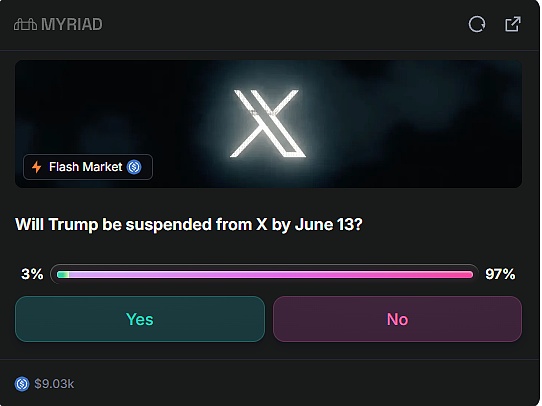Two House committees have passed the Digital Asset Market Clarity Act (CLARITY Act), paving the way for a full House vote that could shift primary regulatory authority over cryptocurrencies.
Quick Preview
The House Financial Services Committee passed the CLARITY Act by a vote of 32 to 19.
The House Agriculture Committee passed the bill by a vote of 47 to 6 on Tuesday.
If passed by Congress, the bill would establish a new regulatory framework for cryptocurrencies that leans toward the Commodity Futures Trading Commission (CFTC).
The Clarity in Digital Asset Markets Act (CLARITY Act), which seeks to reshape U.S. cryptocurrency regulation, has passed two key House committees and now heads to the full House for a vote. The House Financial Services Committee passed H.R. 3633 on Wednesday in a 32-19 vote, after the House Agriculture Committee (which is responsible for both commodity markets and digital asset regulation) passed the bill on Tuesday in a bipartisan 47-6 vote.
“Blockchain technology and digital assets are reshaping the future of American finance,” said Financial Services Committee Chairman French Hill (R-AR) in a statement. “Congress has a historic opportunity to provide the clear regulatory framework needed to unleash this innovation.”
The passage of the two committees marks an important milestone for the legislation, which must pass the two committees before it can be considered by the full House. The two revised versions of the bill will now be combined into one text for a full vote.
If passed, the CLARITY Act would formally strip the Securities and Exchange Commission (SEC) of its regulatory authority and establish the lighter-handed Commodity Futures Trading Commission (CFTC) as the primary regulator of most digital assets
. Cryptocurrency issuers still have the option of registering with the SEC if they want to sell directly to institutional investors.
“Today is a historic moment for the digital asset industry,” Ji Kim, president and acting CEO of the Crypto Council for Innovation, said in a separate statement. “The passage of the Clarity Act by both the Financial Services and Agriculture committees is an important step toward clear crypto rules that define the roles of the SEC and CFTC, protect self-custody, and safeguard consumer interests,” Kim added.
Still, critics warn the bill could weaken financial safeguards and open regulatory loopholes.

Although the bill has some bipartisan support, it was strongly criticized by Democrats during the revision process of the Financial Services Committee on Tuesday. Some believe that the bill paves the way for corruption and point to former President Donald Trump's cryptocurrency business as a concern. Others, including pro-cryptocurrency Rep. Sam Liccardo (D-CA), questioned the loopholes allowed by the bill, which could allow some companies to call themselves decentralized financial projects to circumvent regulation.
Republicans defended the bill, emphasizing that regulatory status will be based on the actual functions of the platform, not its label. They rejected several amendments proposed by Democrats, including a ban on the president's involvement in cryptocurrency businesses and a ban on taxpayer-funded bailouts for token issuers.
"This bill has nothing to do with any individual's personal finances," Hill said. "This is not an ethics bill."
The SEC's regulatory authority will be lost.
 Kikyo
Kikyo







